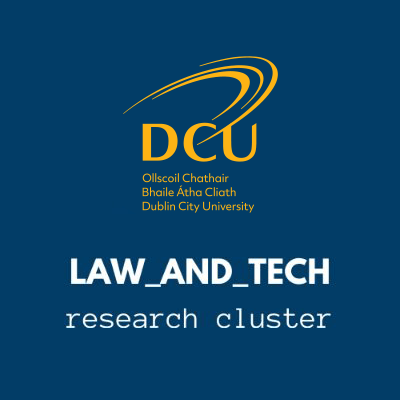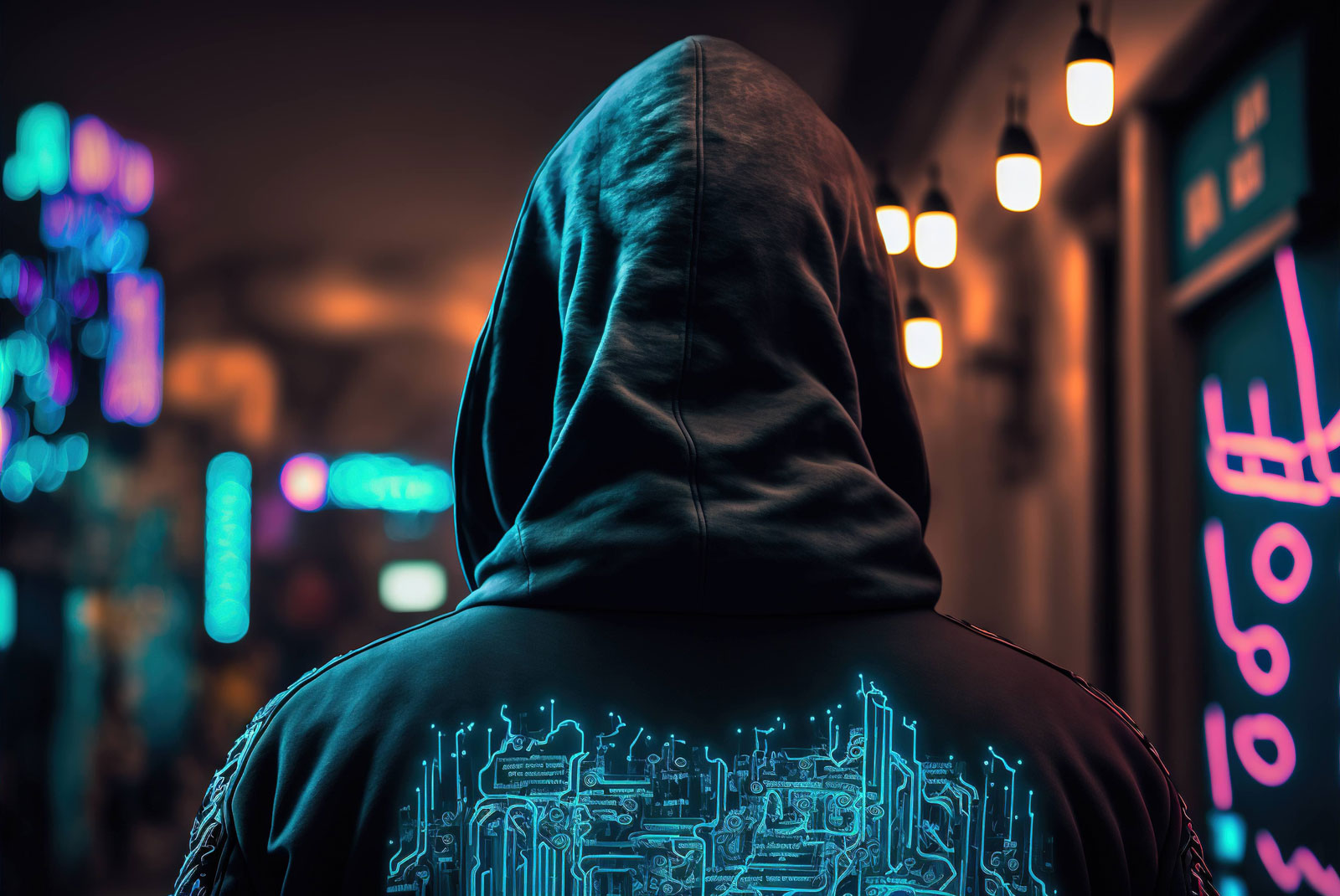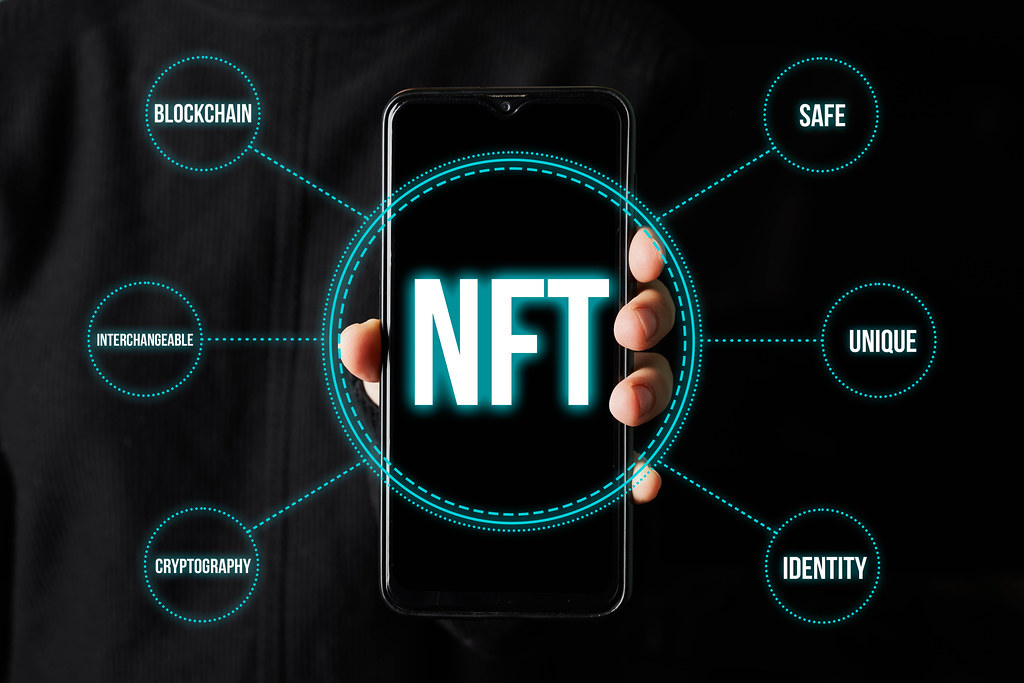Introduction
Digital assets have become prominent in society in recent years. Blockchain technology makes it easier to trace the ownership over such assets using smart contracts and non-fungible tokens (NFTs). Through these, blockchain technology has enabled groups and individuals to monetise their digital assets and to set the rules of the transaction. Creators often sell their digital art, in-game items, music, and various other collectibles by turning them into NFTs. The problem is that somewhere along the line, crypto-asset buyers or sellers may lose access to their assets because of the deliberate actions of another party. Although there is a view that blockchain technology is useful for preventing fraudulent activities, there is still a real possibility that the owner of a crypto-asset can lose them. Should somebody lose the NFT for which they paid a significant amount of money, they will want to recover it. It was previously uncertain if such a recovery was possible. However, since the decision in Osbourne v Persons Unknown, it has become clear that NFTs are a form of property that can be protected by the law.
Osbourne v Persons Unknown: A ‘Realistically Arguable’ Case That NFTs Are Property
The English High Court first had the opportunity to examine the legal nature of NFTs in the case of Osbourne v Persons Unknown. The dispute in that case arose when two pieces of digital art were allegedly stolen from the online wallet of Lavinia Deborah Osbourne. These pieces were part of the Boss Beauties NFT collection, which used the earnings from its sales to fund scholarship and mentorship programmes for women. The alleged hacker had gained access to Osbourne’s MetaMask wallet without her consent and transferred the two assets to their own account. It is unclear how exactly the hacker infiltrated the account. In response to the theft, Osbourne sought an injunction to prevent the hacker from further transferring the assets into other accounts. Additionally, Osbourne sought a freezing order that required Ozone Networks, the owners of the OpenSea crypto asset marketplace, to prevent the transferal of the assets. In the first case, the Court was satisfied that the orders should be granted rather than an award of damages as the financial means of the unknown hacker could not be determined. In addition, the Court noted that the NFTs were of sentimental value to Osbourne and so it was not prepared to assess their actual value (they were worth approximately £4,000 each).
However, NFTs must legally constitute a form of property before these orders could be granted. HHJ Pelling KC was satisfied that there was a ‘realistically arguable case’ that NFTs could be property without going into much more detail. When the orders granted in the first case were due to expire, Osbourne applied on two separate occasions to have these orders extended. During the time between the initial case and the second, she hired an investigator who was able to identify a potential suspect responsible for the theft of her assets. By the time of the second case, one of the NFTs was listed for sale on the LooksRare crypto-asset marketplace. Lavender J. concurred with HHJ Pelling KC that there was an arguable case that NFTs are legally property. In the third judgment relating to the case, Healy-Pratt J. agreed with the earlier two judgments on the basis that the courts have previously held cryptocurrencies to be a form of property. As both cryptocurrencies and NFTs are categorised under the umbrella term of crypto-assets, it is reasonable that they should be treated similarly in law.
Analysis of the Case
Prior to the decision in Osbourne, NFTs existed beyond the remit of the law. If an NFT holder lost her NFT through fraud or by mistake, she would be unable to recover it. The significance of the decision in Osbourne therefore lies in the fact that it provides NFT owners with a proprietary right over their asset. Although the Markets in Crypto Assets Regulation (MiCA) was adopted by the European Union, it does not safeguard holders of crypto-assets if they are unique and not fungible. The Regulation therefore excludes most NFTs as they are generally in the form of digital art and are often one-of-a-kind. It was this type of NFT which Osbourne had lost, and so even had the dispute arisen in an EU member state, the Regulation would not provide a solution. Notwithstanding the shortcoming in the MiCA Regulation, the Osbourne decision affords an NFT holder with a right over her asset which can then be enforced by the courts.
The decision was logical as the English courts have previously decided that cryptocurrencies were capable of being property, and that NFTs and cryptocurrencies share certain characteristics. These include that both asset-types are intangible, cryptographically authenticated, facilitated by the blockchain, and are ruled by consensus. Reasoning analogically therefore, it makes sense that if cryptocurrencies are property, then NFTs must be property too. It does however remain to be seen whether the courts will expressly adopt this reasoning in relation to NFTs.
At the time of writing, no dispute relating to NFTs has come before the Irish courts, however it is anticipated that Osbourne will be persuasive to them when such a dispute does arise. It is essential that the law extends protection to crypto-assets (as the English High Court has done in Osbourne) in order to allow this new technological method of commerce to flourish. Without such legal safeguards in place, crypto-assets will continue to exist in a digital Wild West.
 Cormac Kilkenny is a PhD candidate in Law at Dublin City University. His research is focused on whether contract law is fit for purpose in its response to blockchain technology and smart contracts. His PhD research is funded by the Irish Research Council.
Cormac Kilkenny is a PhD candidate in Law at Dublin City University. His research is focused on whether contract law is fit for purpose in its response to blockchain technology and smart contracts. His PhD research is funded by the Irish Research Council.





